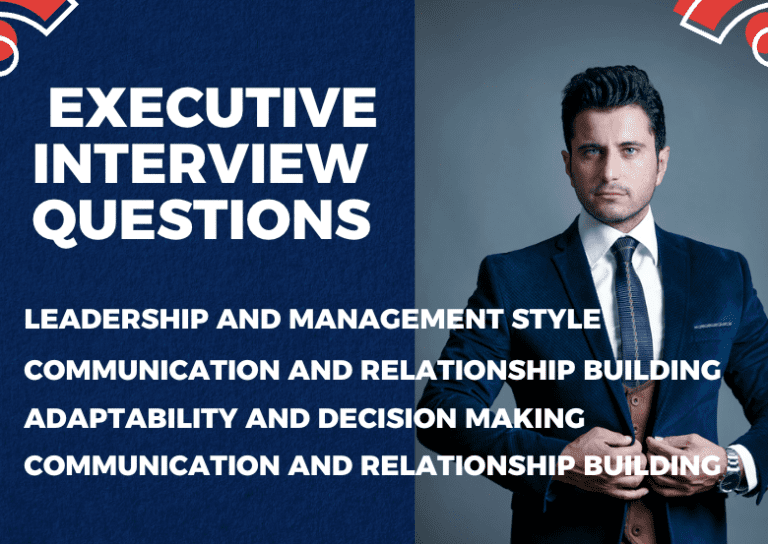Mastering Strengths and Weaknesses In Interview + 20 Powerful Examples
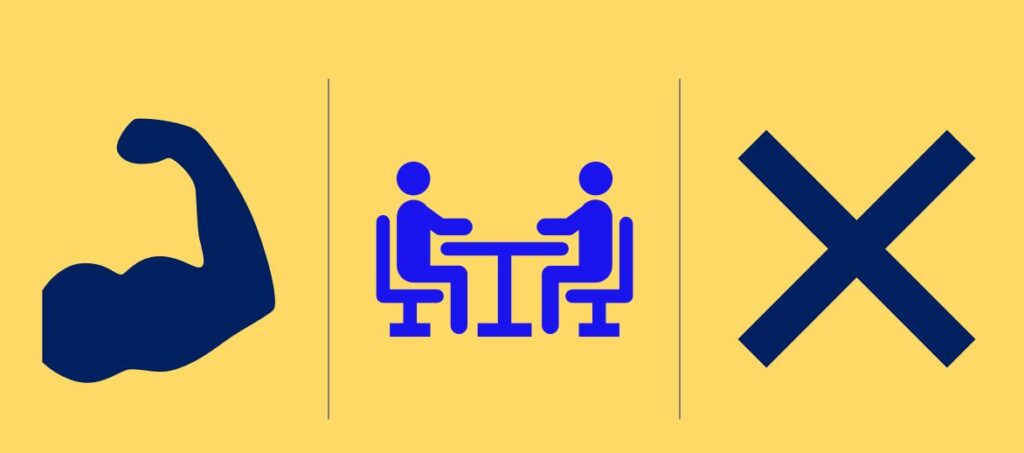
Mastering Strengths and Weaknesses In Interview + 20 Powerful Examples
When it comes to job interviews, one of the most common questions that candidates may encounter is related to their strengths and weaknesses. While answering about your strength and weakness in interview can be a daunting, it’s important to remember that interviewers are not trying to catch you out or trip you up. Instead, they want to gain a deeper understanding of your personality, skills, and work ethic to determine if you’ll be a good fit for the job.
In this article, we will explore the topic of strengths and weaknesses in job interviews in detail. We’ll discuss how to identify your personal strengths, address areas for improvement or weaknesses, and effectively convey your communication and teamwork skills. We’ll also touch upon the importance of self-awareness, continuous learning, and honesty when responding to this interview question about strengths and weaknesses in a professional setting.
So whether you’re seeking a new dream job, starting your career journey, or looking to sharpen your interviewing skills, this article will provide you with valuable insights and examples to help you perform well in your next job interview. Let’s get started by taking a closer look at some of the common interview questions related to strengths and weaknesses.
Please use the examples in this blog for your inspiration only. I’m a hiring manager and can easily sense when a someone just googled and gives a canned or copied and pasted response. Hire a coach if you need help – being authentic is more important than sounding sophisticated.
Here are some helpful job interview related blogs
- Tackling the final interview round
- How to answer ‘tell me about yourself’
- What are your career aspirations
- Why do you want this job
- Why should we hire you
- Why are you leaving your job
- What are you passionate about
- Strengths and Weaknesses In Interview
- Interview questions for managers
- What is your management style
- Interview questions for freshers
- Tips to succeed in a job interview
- Types of interview questions
- Interview questions to ask candidates
- Behavioural interview questions
- Walk me through your resume
- What makes you unique
- What are your goals
- How do you handle stress and pressure
- Are you a team player
- How did you hear about this position
- Where do you see yourself in five years
- How do you handle stakeholders
Why Interviewers Ask This Question
When a hiring manager asks about your strengths and weaknesses, it is important to understand why they are asking this question. Employers ask this question to gain a better understanding of your character, work style, and how you may fit into their team and company culture.
This question also provides interviewers with valuable insights into your level of self-awareness, ability to improve, and willingness to learn. For example, discussing your strengths can showcase your confidence, positive attitude, expertise, and experience. It can also demonstrate your ability to problem-solve, think critically, and take on challenges. On the other hand, discussing your weaknesses can show your humility, honesty, and self-awareness. It can also indicate your willingness to learn, improve and adapt to new situations.
Interviewers hope to learn more about your personality and professional characteristics through this question. They want to know how you handle difficult situations, how you work with others, and what you’re passionate about in your work. They also want to understand if you have the skills and traits that align with the job description and company values.
By asking candidates about their strengths and weaknesses, interviewers aim to gain a more complete picture of who you are as a person and as a potential employee. They want to see if you have the qualities and skills that match the team’s goals and can help the company succeed. By understanding why interviewers ask this question, you can better prepare for your job interview and highlight your strongest attributes while addressing areas for improvement.
What Are Your Strengths – A Deep Dive
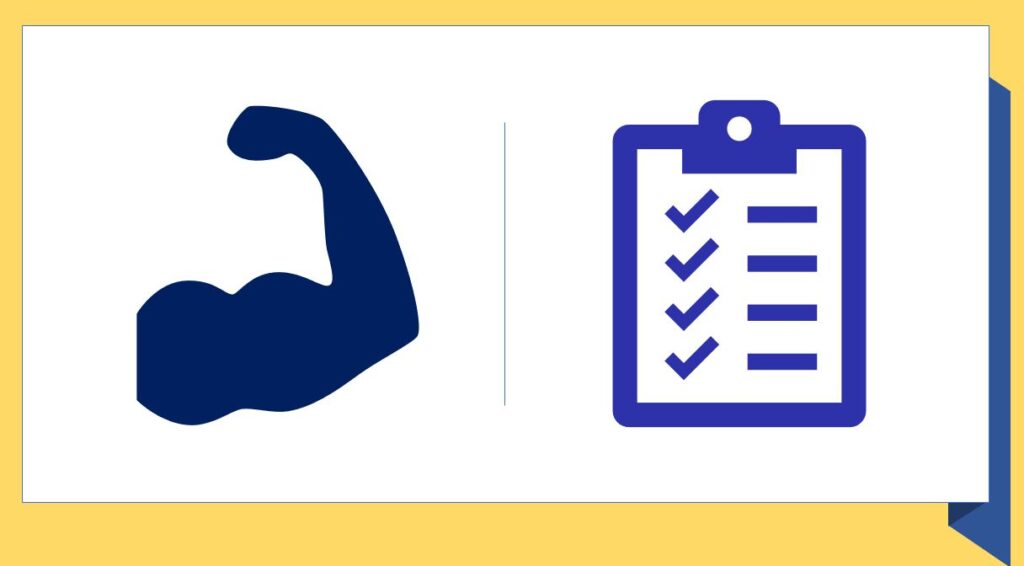
Identifying and effectively communicating your personal strengths is crucial in an interview setting. Here are some tips for exploring and discussing your strengths:
Identifying Your Personal Strengths
Start by reflecting on your accomplishments, past experiences, and skills. Think about what you enjoy doing and have been praised for by coworkers, managers, and clients. Have you received awards or recognition for your work? These can all be clues to help identify your personal strengths.
Some inspiration for you to help identify your strengths – think about the time when someone gave you a specific compliment or feedback about one of the following skills in a previous job or university or even in personal life – leadership skills, presentation skills, editing skills, organization skills, writing skills, communication skills, technical skills or anything else.
Positive Traits and Professional Skills
Once you’ve identified your strengths, think about the positive personality traits and professional skills that relate to them. If you’re good at problem-solving, you might highlight your creativity, analytical thinking and attention to detail. If you’re a great communicator, you could emphasize your ability to build relationships, work as part of a team, and negotiate effectively.
Conveying Your Strengths
When conveying your strengths, it’s important to be specific and provide examples. Use the STAR method (Situation, Task, Action, Result) to describe how you used your strengths to achieve a particular goal or resolve a problem. Be sure to focus on the skills and strengths that are most relevant to the job you’re applying for.
Example Answers – What Are Your Strengths
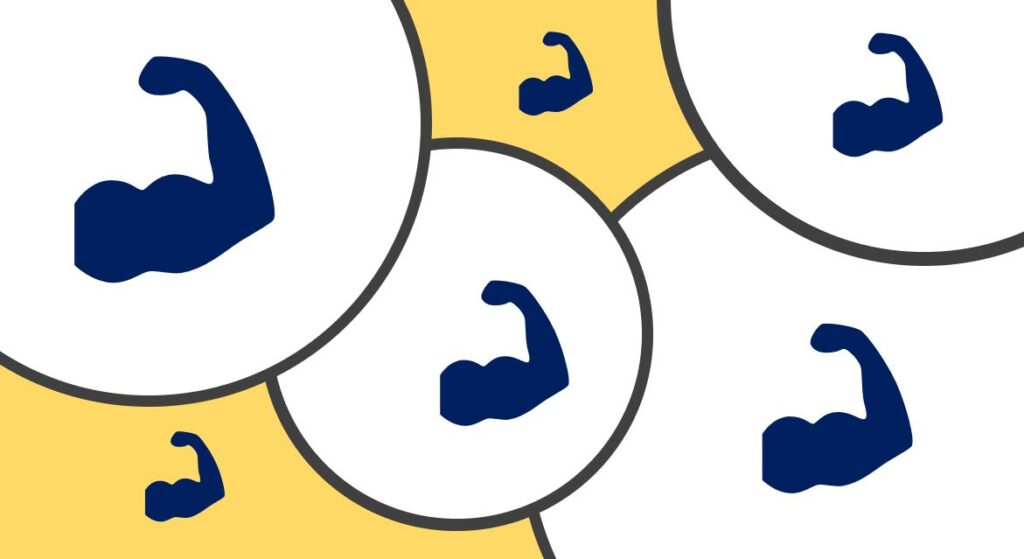
Here are some examples of how you might answer common interview questions related to strengths:
Fresher
“As a recent graduate, my greatest strengths are my ability to learn quickly and my strong work ethic. During my studies, I was able to juggle multiple projects and assignments while also working part-time. This taught me how to manage my time effectively, prioritize tasks, and meet deadlines. Additionally, I’m excited to apply the knowledge and skills I gained in school to the workforce and am eager to take on new challenges.”
Experienced Manager
“One of my greatest strengths is my ability to lead a team to success. Throughout my career, I have been able to develop high-performing teams by providing mentorship and support, implementing effective processes, and communicating effectively with stakeholders to achieve business goals. I’m also skilled at identifying areas of improvement and implementing changes that drive positive results.”
New Manager
“As a new manager, I understand the importance of being adaptable and having strong communication skills. I’m committed to building strong relationships with my team and fostering a supportive and collaborative work environment. I’m able to listen to my team’s needs and provide guidance and support while also being open to feedback and making necessary adjustments to our approach.”
Business Analyst
“My analytical and problem-solving skills are some of my greatest strengths. I enjoy diving into complex data sets and identifying patterns and trends that can help inform strategic decisions. I’m also skilled in using various software tools to visualize data and communicate insights effectively. In my previous roles, I have been able to use these skills to help businesses identify new opportunities for growth and improve operational efficiency.”
Sales Representative
“My greatest strengths are my ability to build relationships with clients and my strong communication and negotiation skills. In my previous sales roles, I have been able to successfully build a network of loyal clients by listening actively to their needs and presenting solutions that meet those needs. I’m confident in my ability to identify client pain points and present effective solutions that create win-win scenarios for both parties.”
Marketing Specialist
“As a marketing specialist, my creativity and attention to detail are two of my greatest strengths. I’m able to develop innovative campaigns that capture audience attention and drive engagement, while also being meticulous in ensuring that all details are accounted for to ensure campaign success. In my previous roles, I have been able to use these skills to help businesses increase brand awareness, generate leads, and improve customer retention.”
Software Developer
“My technical skills and problem-solving ability are some of my greatest strengths. Throughout my career, I have been able to collaborate with teams to develop software solutions that solve complex problems and improve efficiency. I’m skilled in multiple programming languages and enjoy staying up-to-date with the latest industry trends and best practices.”
Human Resources Professional
“My strong interpersonal skills and ability to build relationships are key strengths that have served me well in my career. I’m able to effectively communicate with employees at all levels, while also being able to handle sensitive situations with tact and diplomacy. In my previous roles, I have been able to develop and implement HR policies and procedures that align with company values and promote a positive workplace culture.”
Project Manager
“My organizational skills and attention to detail are two of my greatest strengths. I’m skilled at developing detailed project plans and timelines, delegating tasks effectively, and monitoring progress to ensure projects are completed on time and within budget. I also have experience working with cross-functional teams and managing stakeholders’ expectations to achieve project success.”
Customer Service Representative
“My empathy and communication skills are two of my greatest strengths as a customer service representative. I’m able to listen actively to customers’ concerns and provide effective solutions that leave them satisfied and happy with the service they receive. In my previous roles, I have been able to build strong relationships with customers by going above and beyond to meet their needs.”
What Are Your Weaknesses – Deep Dive
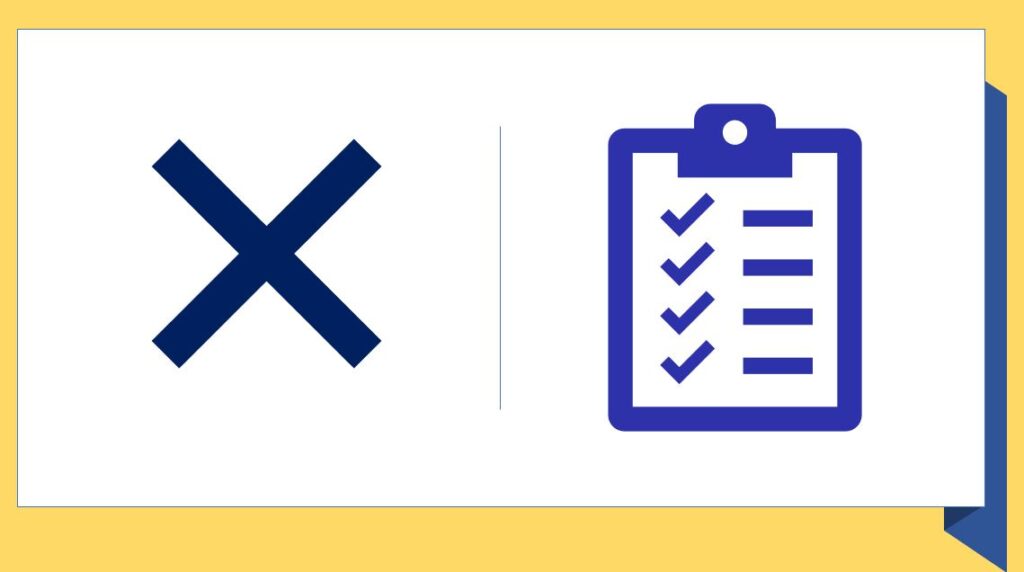
While discussing your weaknesses in a job interview can be challenging, the way you handle this question can actually make you appear stronger as a candidate. Here are some tips for addressing weaknesses in an interview:
Identifying Areas for Improvement
Start by reflecting on areas where you may have struggled in the past. Think about feedback you’ve received from coworkers, managers, or mentors. Consider where you might have room for growth and improvement.
Framing Weaknesses Positively
When discussing your weaknesses, it’s important to frame them in a positive light. Instead of saying something negative like “I’m not good at X,” focus on what steps you’re taking to improve in that area. This shows that you are self-aware and proactive in your professional development. The goal is to be self-aware, not self criticism.
Communication skillfully
Be clear and concise when talking about your weaknesses. Avoid making excuses or shifting blame onto others. Take responsibility for your actions and communicate how you plan to address your weaknesses.
Example Answers – What Are your weaknesses
Sure, here are 10 examples of how to answer “What are your weaknesses?” using different job personas:
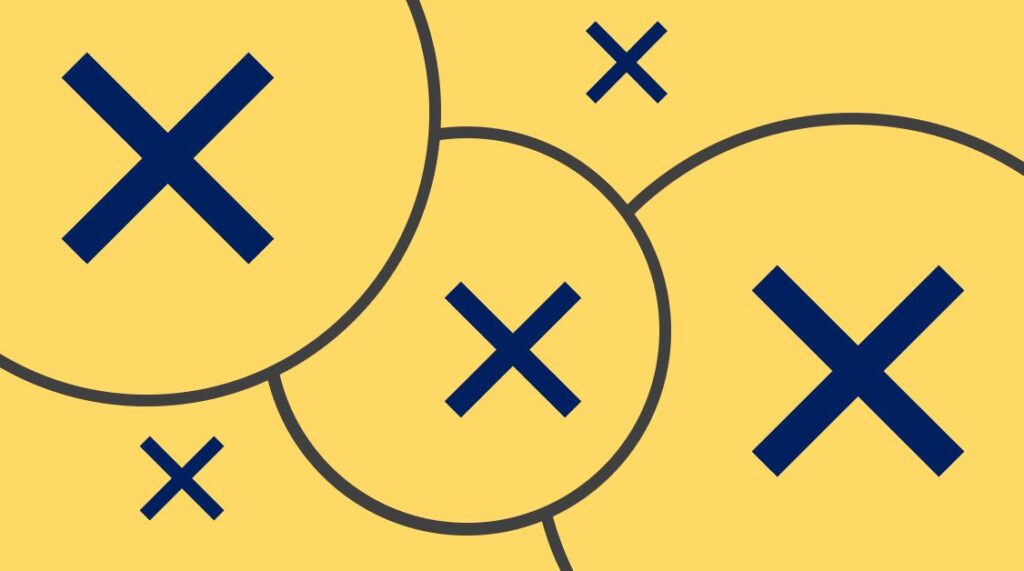
Fresher
“As a recent graduate, one weakness I have identified is my lack of professional experience. While I have gained valuable skills and knowledge through my education, I understand the importance of gaining practical experience in the workforce. I’m eager to learn and willing to take on new challenges to gain this experience.”
Experienced Manager
“One area I’m working on improving is delegation. In the past, I have been hesitant to delegate tasks to others and have taken on too much work myself. However, I realize that effective delegation is key to building a high-performing team and achieving business goals. To address this weakness, I’ve been working on developing clear processes for delegation and communication with my team.”
New Manager
“As a new manager, one weakness I have identified is my lack of experience in managing a team. While I have some experience leading projects, there is still a learning curve when it comes to managing people. I’m committed to continuously improving my management skills and building relationships with my team to foster a positive work environment.”
Business Analyst
“One area where I would like to improve is my public speaking skills. While I am comfortable communicating data insights and analysis to my team and stakeholders in written form, I find it more challenging to present to large audiences. To overcome this weakness, I have enrolled in public speaking courses and have been practicing presenting in front of smaller groups.”
Sales Representative
“One weakness I have identified is my tendency to get too invested in individual sales opportunities. While it’s important to be passionate about your work, I have realized that sometimes this can cloud my judgement and lead me to spend too much time on one opportunity. To address this, I have been working on developing a clear prioritization process and setting boundaries around the amount of time I spend on each opportunity.”
Marketing Specialist
“One area where I’m working on improving is my time management skills. In the fast-paced world of marketing, there are often multiple projects and campaigns happening simultaneously. While I’m able to juggle these tasks effectively, I realize that there is room for improvement in terms of prioritizing tasks and managing my time more efficiently. To address this weakness, I have been implementing time management techniques and tools to improve my productivity.”
Software Developer
“One area where I’m working on improving is my collaboration skills. While I excel at individual problem-solving and coding tasks, I realize that software development is a team effort and effective collaboration is key to success. To address this weakness, I have been working on improving my communication skills and being more proactive in seeking feedback from my team members.”
Human Resources Professional
“One area where I’m working on improving is my technical skills. While I have a strong background in HR policies and procedures, there are areas where I could benefit from improving my technical knowledge, such as data analysis and software tools. To address this weakness, I have been taking online courses and seeking out opportunities to gain hands-on experience with new technologies.”
Project Manager
“One weakness I have identified is my tendency to take on too many projects at once. While I’m skilled at multitasking, I realize that this can sometimes lead to burnout and can negatively impact project outcomes. To address this, I have been working on prioritizing projects and delegating tasks more effectively to my team members.”
Customer Service Representative
“One area where I’m working on improving is my ability to handle difficult customers. While I’m able to effectively communicate with customers in most situations, there are times when emotions can run high and it can be challenging to de-escalate a situation. To address this weakness, I have been taking customer service training courses and practicing active listening and conflict resolution techniques.”
Here are some helpful job interview related blogs
- Tackling the final interview round
- How to answer ‘tell me about yourself’
- What are your career aspirations?
- Why do you want this job?
- Strengths and Weaknesses In Interview
- Interview questions for managers
- Interview questions for freshers
- Tips to succeed in a job interview
- Do you need an Career coach / Interview coach?
Here’s some helpful career/leadership related blogs
- Careers– Agile Coach, RTE, Product Owner, Scrum Master, QA Manager
- Career development plan
- Career growth
- Project Management
- Managing Managers
- IT Career switch
- Software Engineering career path
- Agility, Agile Testing
- Remote leadership / Leadership traits / Agile leadership
Other Productivity / Tools posts that may interest you
- Productivity
- Book summary apps – Headway App vs Blinkist vs getAbstract
- AI Writers: / Blogging – Jasper, Writesonic, Article Forge , Copy AI, Anyword, Writecream, Copymatic, Quillbot, Peppertype, Jasper AI (pricing) &
- Work From Home tools: Jabra
About the author: Ilam’s career in Technology and Financial Services spans more than two decades, characterized by leadership roles and vast international experience. He has managed large global teams, worked across five countries, and engaged with colleagues from over 100 nationalities. Through this blog, Ilam shares his diverse experiences and insights, aiming to contribute to and enrich the community.





